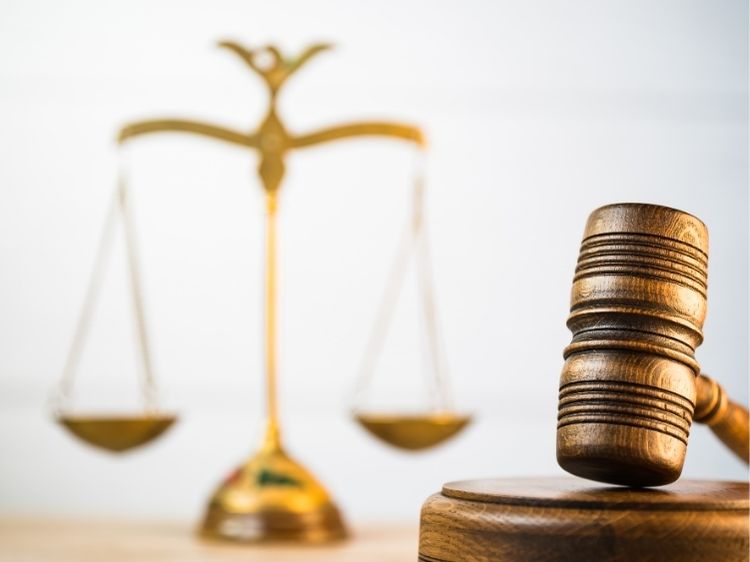The Venaseal closure system, a groundbreaking medical device, was hailed as a minimally invasive solution to treat varicose veins. However, like many medical innovations, it has faced its fair share of scrutiny. For some patients, the treatment did not go as planned, leading to complications, which in turn resulted in lawsuits. If you’ve come across the term “Venaseal lawsuit,” you might be wondering what this is all about and whether you or a loved one might have a case. Let’s break down the key facts surrounding these lawsuits, why they’re happening, and what it means for those affected.
What is the Venaseal Closure System?
Before diving into the lawsuits, it’s crucial to understand what Venaseal is. The Venaseal system was developed to treat chronic venous insufficiency, a condition that leads to varicose veins. In this procedure, a medical adhesive is injected into the veins, effectively closing them off and rerouting blood flow to healthier veins.
It sounds simple, right? But while the procedure is quick and relatively painless, some patients have reported adverse side effects that have led to legal action. And that’s where the term Venaseal lawsuit comes into play.
Why are Patients Filing Venaseal Lawsuits?
One might ask, why would a seemingly successful procedure like Venaseal lead to lawsuits? The answer lies in the complications some patients experienced after the treatment. Issues such as inflammation, pain, and, in more severe cases, permanent damage to veins or surrounding tissue have been reported. As a result, some patients have pursued legal action against the manufacturers, claiming they weren’t adequately warned of the potential risks or that the device was defective.
Here are some reasons that may prompt a patient to file a Venaseal lawsuit:
- Unforeseen Complications: While most patients undergo the Venaseal procedure without a hitch, some experience adverse effects like chronic pain, nerve damage, or allergic reactions to the adhesive used.
- Lack of Informed Consent: Some plaintiffs argue that they were not fully informed about the potential risks associated with the procedure, leading them to undergo the treatment without being aware of the full picture.
- Device Malfunction: In some cases, lawsuits claim that the Venaseal device was defective, leading to improper closure of veins or other complications that required additional treatments.
Legal Grounds for Filing a Venaseal Lawsuit
When it comes to medical lawsuits, patients often pursue claims based on several legal grounds. In the case of Venaseal lawsuits, the most common reasons are:
- Medical Negligence: If a healthcare provider failed to exercise reasonable care when performing the Venaseal procedure, patients may seek compensation for medical malpractice. This could involve failing to identify that a patient wasn’t a suitable candidate for the procedure or improper technique during the application of the adhesive.
- Product Liability: If the device itself is found to be defective or inherently dangerous, the manufacturer could be held accountable under product liability laws. This type of claim argues that the manufacturer knew (or should have known) about the risks but did not adequately warn healthcare providers or patients.
- Failure to Warn: Another angle in these lawsuits is that the manufacturer failed to adequately warn patients about the potential risks of using Venaseal. This could mean they did not provide sufficient information about the side effects or possible complications.
The Legal Process for Filing a Venaseal Lawsuit
For anyone considering filing a Venaseal lawsuit, understanding the legal process is crucial. While the specifics may vary depending on the jurisdiction, the general steps include:
- Consultation with a Lawyer: The first step is typically a consultation with a lawyer who specializes in medical device litigation. They will assess whether you have a viable case based on your medical records and the details of the treatment.
- Filing the Lawsuit: Once the lawyer determines you have a case, they will file a lawsuit on your behalf. This process involves gathering evidence, such as medical records, expert testimonies, and documentation of the complications you’ve experienced.
- Discovery Phase: During this phase, both parties exchange information, including evidence and witness testimonies. This phase is crucial in building a strong case for trial or settlement.
- Settlement or Trial: Many lawsuits end in settlements before reaching trial, especially if the evidence against the manufacturer is strong. However, if a settlement isn’t reached, the case will proceed to court, where a judge or jury will determine the outcome.
Potential Compensation in Venaseal Lawsuits
Compensation in a Venaseal lawsuit can vary widely depending on the severity of the complications and the specifics of the case. Some of the damages that plaintiffs may recover include:
- Medical Expenses: Costs related to additional treatments or surgeries needed to address complications from the Venaseal procedure.
- Lost Wages: If the complications prevented the patient from working, they may be entitled to compensation for lost income.
- Pain and Suffering: This compensates patients for the physical and emotional distress caused by the complications.
- Punitive Damages: In cases where the manufacturer is found to have acted negligently or recklessly, punitive damages may be awarded to punish the company and deter future misconduct.
FAQs About Venaseal Lawsuits
- What is the statute of limitations for filing a Venaseal lawsuit?
The statute of limitations varies by state, but generally, you have a set period—often between two to four years—from the time you discover the complication to file a lawsuit. - How do I know if I qualify for a Venaseal lawsuit?
If you’ve experienced complications following a Venaseal procedure, the best course of action is to consult with a medical malpractice or product liability lawyer. They will review your case to determine if you qualify. - What should I do if I’m experiencing complications from Venaseal?
First, seek medical attention immediately to address any health concerns. After that, you may want to contact a lawyer to discuss your legal options. - Are there any known settlements in Venaseal lawsuits?
At this time, several lawsuits are ongoing, but some have resulted in settlements. However, the specifics of these settlements are often confidential.
Conclusion
Filing a Venaseal lawsuit can feel overwhelming, but understanding your rights and options can make the process smoother. If you or someone you know has experienced complications after a Venaseal procedure, consulting with a legal professional is an essential first step. These lawsuits not only seek compensation for the affected but also ensure that manufacturers and healthcare providers are held accountable for the safety and efficacy of the medical devices they offer.





